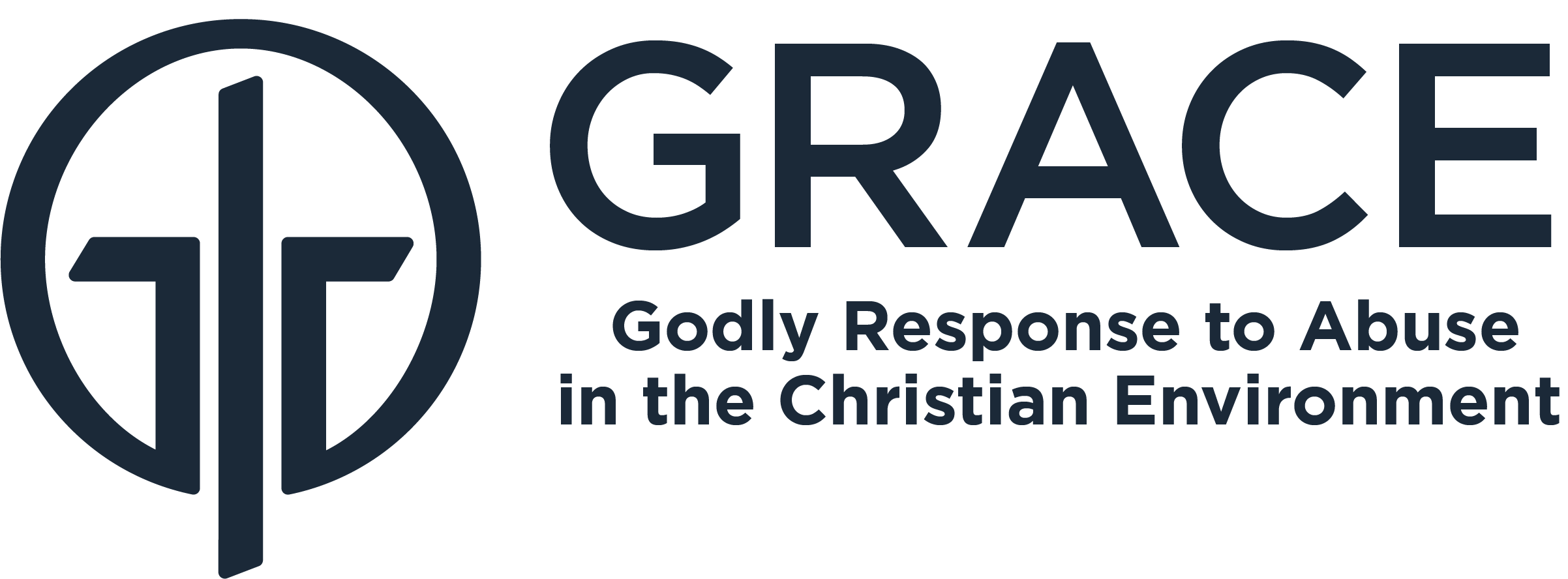The Health Impacts of Abuse
CONTENT WARNING: Explanation of abuse, trauma, and health impacts.
Millions of children and adults are currently living with the effects of childhood abuse. This leaves them vulnerable to significant health concerns, prompting up to 36% higher lifetime healthcare costs for a person who experienced abuse as a child. Jesus showed throughout His ministry on Earth that He cares for our physical health, and multiple Bible passages urge stewardship of the bodies we have been given. Understanding the physical health impact of abuse equips us to care for our bodies and for the children God has placed in our care.
DIRECT INJURIES
Abuse impacts physical health in many ways. Children may receive immediate direct injuries. I have worked with children who received small bruises, cuts, broken bones, sexually transmitted infections, and traumatic brain injuries from the abuse they endured. I have known children who have died from abuse. When we see injuries that concern us, and the explanation makes no sense, it is wise to at least consider the possibility of abuse.
LONG-TERM EFFECTS
Immediate and direct injuries are often easy to see. The longer-term effects of abuse may be harder to recognize. These longer-term effects may include kidney disease, heart disease, high blood pressure, diabetes, stroke, asthma, allergies, and even cancer. Not every incident of these and other health conditions is related to abuse. It is important to understand that, much like the way cigarette smoking or excessive alcohol use are risk factors for significant health concerns, the presence or history of abuse has significant connections to long-term health problems.
From Subsequent Unhealthy Behavior
How are these more indirect health effects connected to abuse? Some are related to behavioral changes that occur. For example, a person who has been abused may be more likely to engage in behaviors that pose a health risk. This includes smoking, excessive alcohol use, illicit drug use, risky sexual behavior, unhealthy eating, and more. In this scenario, the abuse increases the risk of unhealthy behavior, and the unhealthy behavior increases the risk of the health condition.
From Subsequent Mental, Emotional, and Spiritual Effects*
Health effects are also conveyed by the way abuse impacts the entire being of the survivor. Physical, psychological, mental, and spiritual effects all combine in ways we are just beginning to understand. For example, exposure to toxic stress, including abuse, impacts the functioning of three highly integrated systems. The immune system (disease resistance), neuroendocrine system (hormone release to control bodily functions), and central nervous system (brain and spinal cord) are all vulnerable to abuse, and the subsequent changes impact both physical and mental health.
FINDING HOPE AND RESOLVE TO PROTECT THE VULNERABLE
There is hope. We recognize abuse is a risk factor, not destiny. We can move toward healthier behaviors, such as regular sleep schedules, healthy diet, exercise, and avoiding or treating addiction. We enhance the ability to manage stressors by learning self-regulation skills, having positive relationships, strengthening healthy spirituality, and seeking professional therapy. We can advocate for our own healthcare by seeking a trauma-informed provider who understands the health impacts of abuse and then letting them know our history. These actions can help offset some of the long-term health effects of abuse.
Experiencing abuse is a risk factor for health concerns. As such, we must do our best to protect children and others who are vulnerable and to help all who have experienced abuse move closer to healing. We have to always remember that it is a risk factor, not destiny. We can enhance protective factors. We can have hope.
*For more information about these longer-term effects, please reference the following links:


